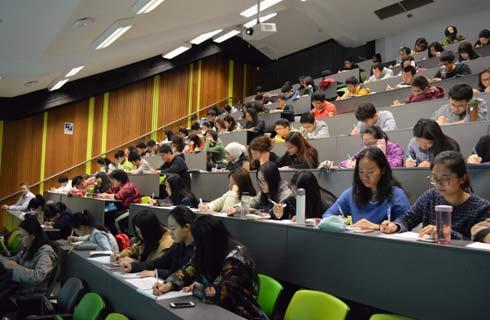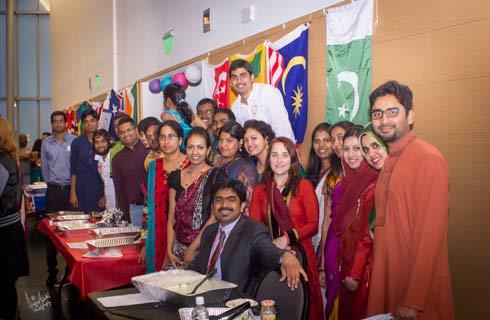国际学生入学条件
We do not require TOEFL scores from JD applicants. However, applicants should be aware that competency in English is critical to success in the study of law at the University of Virginia, and that demonstrated fluency in English is an important consideration in evaluating applications. Should you choose to submit a TOEFL score, you must contact the Educational Testing Service (ETS) and request that your TOEFL score be sent to LSAC. LSAC’s TOEFL code for the CAS is 0058. Your score will be included in the International Credential Evaluation document that will be included in your CAS Law School Report.
Law School Admission Test (LSAT) score, Graduate Management Admission Test (GMAT) score, or GRE General Test score;
Transcript of prior academic record, submitted through the Credential Assembly Service (CAS);
At least two, but no more than four, letters of recommendation;
At least one personal statement and résumé. Additional personal statements or any other addenda may be submitted;
Transcript(s) of Prior Academic Record
All undergraduate and graduate transcripts must be submitted to CAS. CAS will combine them and distribute them to the law schools to which you apply. Do not send your academic transcripts directly to the Admissions Office.
Letters of Recommendation
Two letters of recommendation are required. Applicants may submit up to four. All letters of recommendation must be submitted through LSAC’s CAS service.
Personal Statement
A personal statement based on the prompt provided in the application is required for all candidates. This is your opportunity to discuss how your background, perspective, and individual life experiences have led you to pursue law school and/or how they have influenced what you hope to achieve through your legal education.
展开
IDP—雅思考试联合主办方

雅思考试总分
6.0
- 雅思总分:6
- 托福网考总分:60
- 托福笔试总分:160
- 其他语言考试:NA
CRICOS代码:
申请截止日期: 请与IDP联系 以获取详细信息。
课程简介
With access to more than 250 courses and seminars each year, Virginia Law students explore learning the law through a variety of opportunities. After first-year course requirements are met, students can choose from a range of options among them, intensive short courses taught by real-world practitioners, seminars and advanced theory courses focused on developing skills in writing legal scholarship, and practical hands-on courses like clinics, trial advocacy and public speaking. Students have access to study-abroad and dual-degree programs, externships that allow students to work while earning academic credit, and independent and directed research projects supervised by faculty with whom they choose to work.
展开

 预科
预科 奖学金
奖学金 实习机会
实习机会 在校学习
在校学习 跨境学习
跨境学习 校园授课-线上开始
校园授课-线上开始 在线/远程学习
在线/远程学习














 滑铁卢大学
滑铁卢大学

 劳伦森大学
劳伦森大学

 劳伦森大学
劳伦森大学

 德恒学院
德恒学院

 德恒学院
德恒学院

 温尼伯大学
温尼伯大学









 美国
美国




